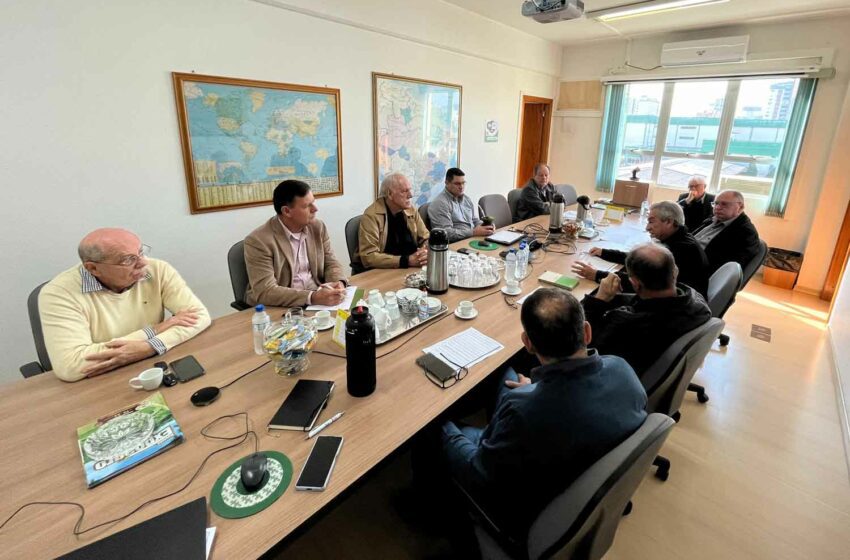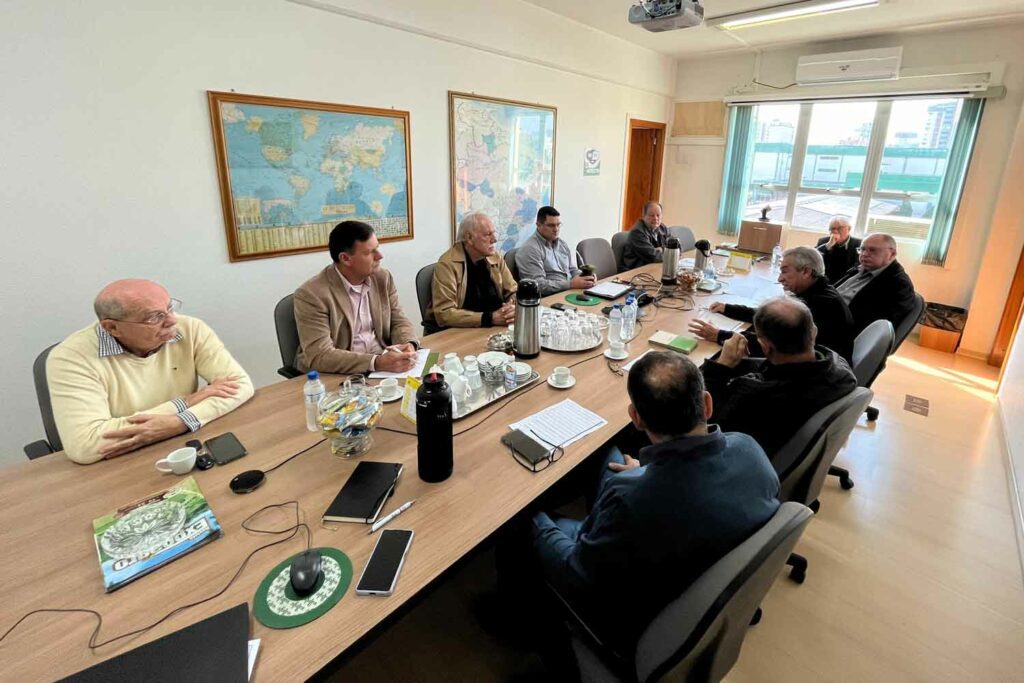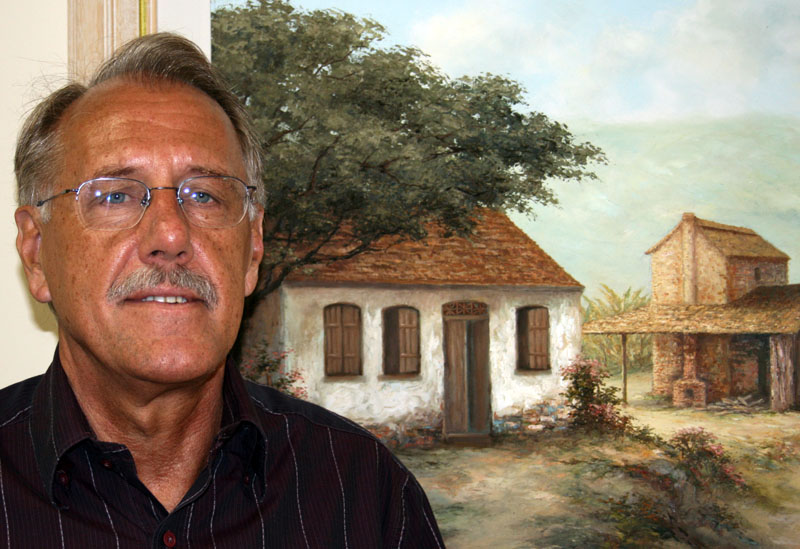Brazilian Flood Damage Assessed
- Featured Leaf News This Week
- June 24, 2024
- 0
- 3 minutes read


The floods that hit Rio Grande do Sul in early May have done significant damage to the Brazilian state’s tobacco-growing sector, according to a survey conducted by the Interstate Tobacco Industry Union (SindiTabaco) and its associate companies.
In all, the floods impacted 1,929 rural properties in 75 municipalities covered by the survey. Candelaria municipality was worst impacted, with 214 tobacco farmers suffering losses. Other heavily impacted municipalities included Agudo (136 affected farmers), Barros Cassal (132) and Venancio Aires (116).
In terms of monetary impact, Venancio Aires was most impacted, with the industry suffering a loss of BRL18.3 million ($3.37 million). Other hard-hit municipalities included Candelaria (BRL16.52 million in losses), Agudo (BRL6.35 million) and Ibarama (BRL5.96 million).

We are confident that, in spite of this tragedy, the production of tobacco in the affected areas should remain close to the projections estimated for the 2024–2025 growing season
The survey also demonstrated that 96 percent of the affected farmers intend to continue producing tobacco. “We need to provide the conditions that make it possible for them to carry on with their activities in the upcoming crop year and, within this context, the associate companies have already replaced the necessary inputs to restore the 2,070 seedbeds of lost seedlings, an investment that amounts to approximately BRL1.6 million,” said SindiTabaco President Iro Schuenke during a meeting with representatives of tobacco growers’ association Afubra, the Federation of Agricultural Workers and the Rio Grande do Sul State Federation of Agriculture.
“We are confident that, in spite of this tragedy, the production of tobacco in the affected areas should remain close to the projections estimated for the 2024–2025 growing season.”
While the industry and the tobacco farmers’ representatives are doing their best to minimize losses, they will require public support to rebuild curing barns and access credit lines, according to Schuenke, who noted that many tobacco farmers also produce food crops.
